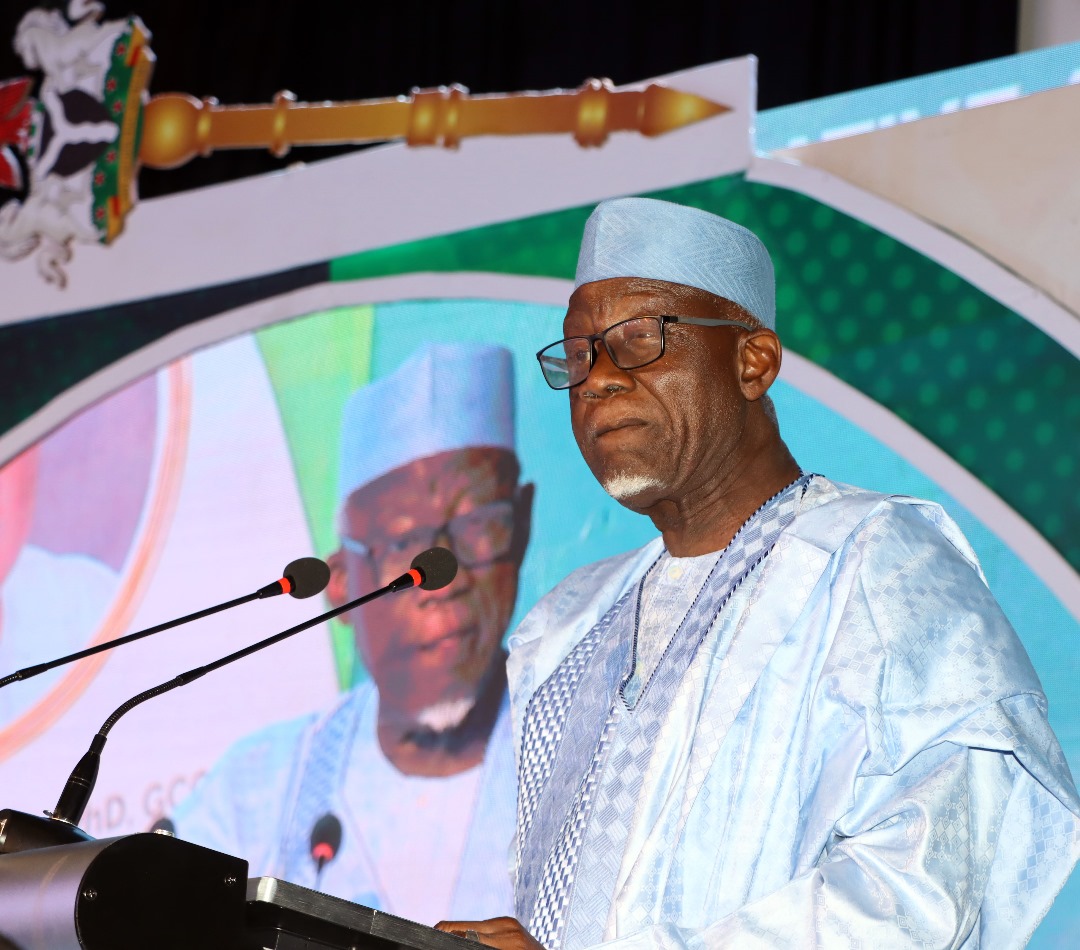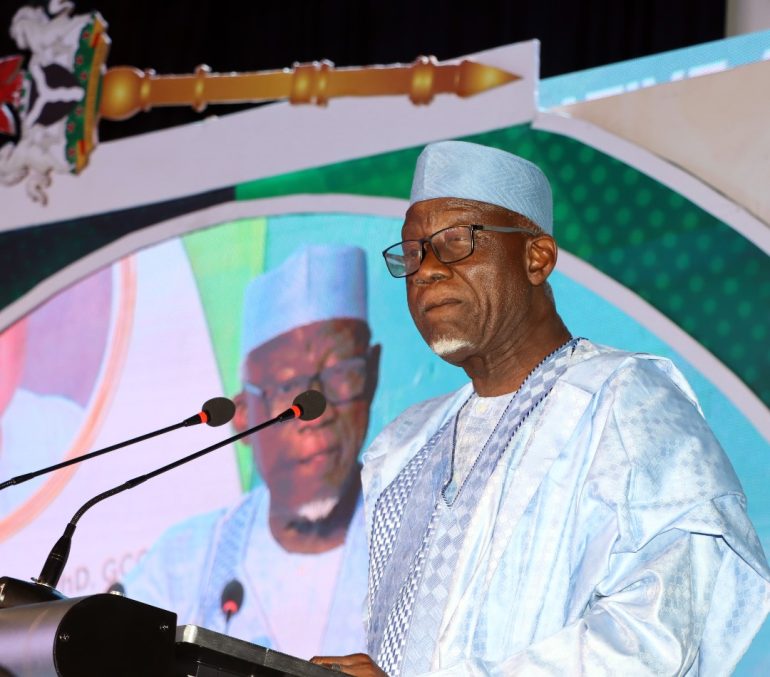Listeners:
Top listeners:
-
play_arrow
104.9FM Best rock music demo
-
play_arrow
Demo Radio Nr.1 For New Music And All The Hits!
-
play_arrow
Demo Radio Techno Top Music Radio
-
 play_arrow
play_arrow
Police Commissioner Launches Weapon and Riot Control Training for FCT Officers Democracy Radio

By Chinedu Echianu
The Federal Government has moved to dispel concerns raised by organised labour over the recently approved National Industrial Relations Policy (NIRP) 2025, assuring that the framework is designed to strengthen, not weaken, workers’ rights and industrial harmony in the country.
Minister of Labour and Employment, Muhammad Maigari Dingyadi, gave the assurance on Friday while responding to media reports of the Nigeria Labour Congress (NLC) and Trade Union Congress (TUC) rejecting the policy on the grounds that it could “criminalise strikes” and muzzle union activities.

According to the Minister through a statement signed by Patience Onuobia, Head, Information and Public Relations at the Ministry, the NIRP is the product of nearly seven years of consultations involving the Federal Ministry of Labour and Employment, the NLC, TUC, and the Nigeria Employers’ Consultative Association (NECA). He noted that the final draft was validated by all stakeholders in December 2024 before being approved by the Federal Executive Council.
Dingyadi stressed that the policy would deliver tangible benefits such as reduced industrial disputes, predictable labour relations across sectors, improved productivity, and greater investor confidence.
“The NIRP ensures the protection of workers’ rights, including fair wages, safe working conditions, and the right to collective bargaining, while also addressing gender equality and non-discrimination,” the Minister stated.
He added that the policy would strengthen tripartite cooperation between government, employers, and workers, aligning Nigeria’s labour practices with International Labour Organization (ILO) standards, and making the country more competitive in attracting both domestic and foreign investment.
Dingyadi further highlighted that the NIRP promotes enhanced social dialogue by encouraging regular consultations and negotiations among stakeholders, while serving as a reference point for labour laws, union engagement, and conflict resolution in both the public and private sectors.
The Minister expressed optimism that, once fully implemented, the policy will usher in a new era of structured, peaceful, and globally benchmarked industrial relations in Nigeria.
Written by: Toyeebaht Aremu
Similar posts
Copyright Democracy Radio -2024


